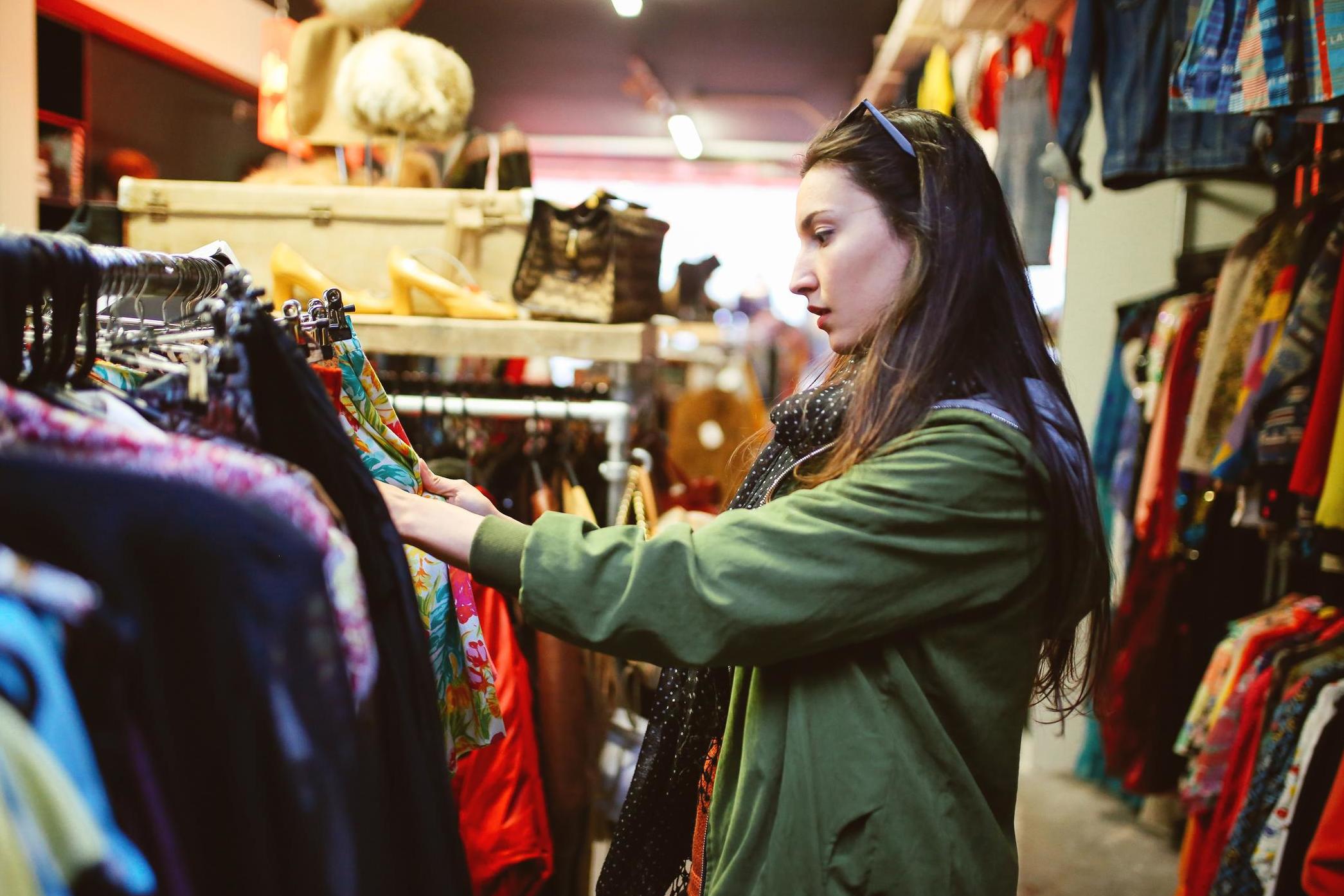What is Small Business Saturday and why is it important?
Event to champion independent retailers takes place on 1 December 2018

Small Business Saturday is a counterpart to the big retailers’ consumer events Black Friday and Cyber Monday that have worked their way into the UK shopping calendar over the last few years.
Like its bigger brothers, Small Business Saturday is a US import, but it’s a very different affair which aims to persuade consumers to spend locally in independent shops.
Think of Black Friday and the mind flashes up images of baying hordes fighting their way into department stores, stripping shelves bare of cut-price flatscreen TVs.
Small Business Saturday, which is usually held on the final Saturday of November, shortly after Thanksgiving, is more sedate but offers are available.
American Express, the company that helped establish the event in 2010, is offering cardholders £5 statement credit when they spend £10 or more at participating businesses between 1 and 16 December 2018. There is no limit on how many times the offer can be redeemed; it is valid for use once per participating shop.
Small retailers in the UK could certainly do with a boost as the high street reaches the end of one of its toughest years in memory, with little sign of any easing of extremely tough trading conditions.
Shop closures jumped 17 per cent to 24,205 in the first half of the year according to the Local Data Company.
The number of pubs fell 6.5 per cent in six months as people increasingly choose to buy alcohol from a supermarket and drink at home. Newsagents and clothes shops have also seen large numbers of closures thanks to falling print media sales and competition from online rivals.
But research from GlobalData points to some green shoots of recovery breaking through as high streets are reshaped.
It found growth in independent operators offering entertainment services like cinemas and escape rooms, hair and beauty, and health and fitness.
The findings confirmed that for almost two-thirds of shoppers the desire is for experiences and opportunities to buy things that can’t be easily sourced online.
Maureen Hinton, retail research director at GlobalData, said it was encouraging to see that town centres were evolving to keep up with changing shopping habits.
“The growth of online has also made the high street’s role as a service-led social space increasingly important, encouraging the rise of hybrid businesses, with shops, gyms and cinemas now often boasting their own bars, coffee shops and restaurants.
“Meanwhile, new categories of business continue to emerge, such as “experience bars”, which combine a night out with a complete entertainment experience, centred on an activity such as darts, mini golf or table tennis.
“There is no doubt that the high street is in a period of unprecedented change, but the rise of new businesses such as these demonstrates that this is as much an opportunity as a challenge.”
Subscribe to Independent Premium to bookmark this article
Want to bookmark your favourite articles and stories to read or reference later? Start your Independent Premium subscription today.

Join our commenting forum
Join thought-provoking conversations, follow other Independent readers and see their replies